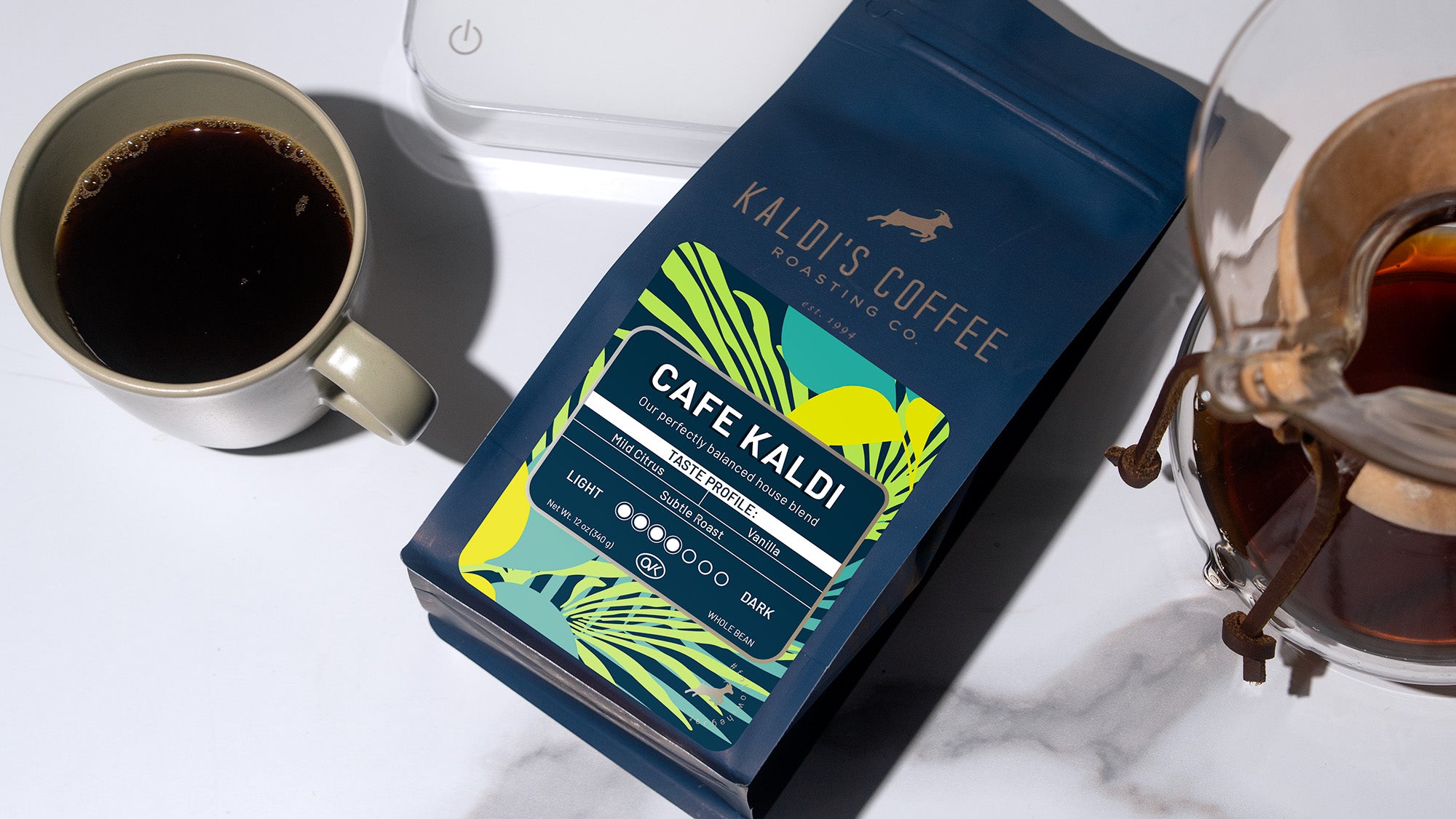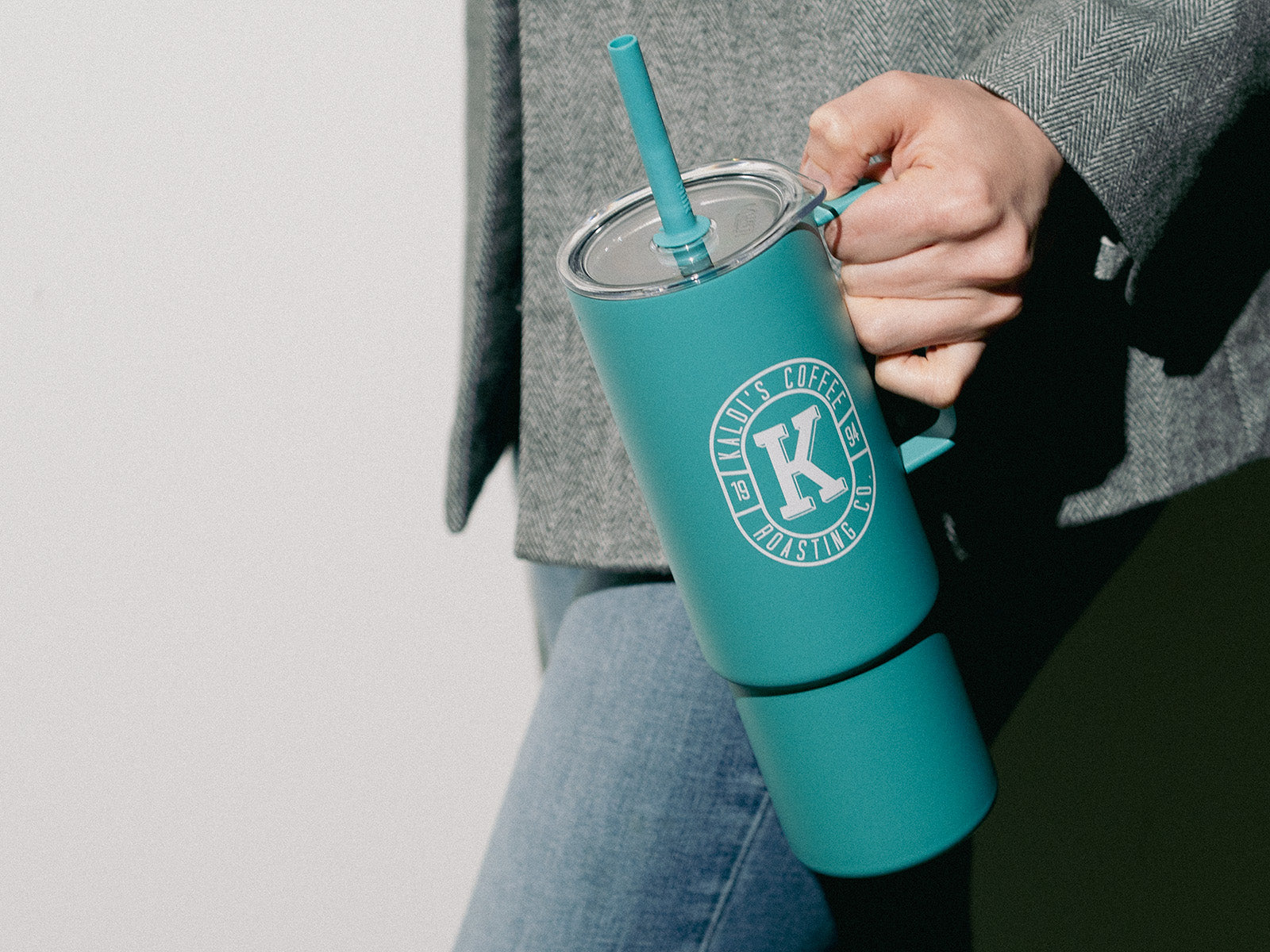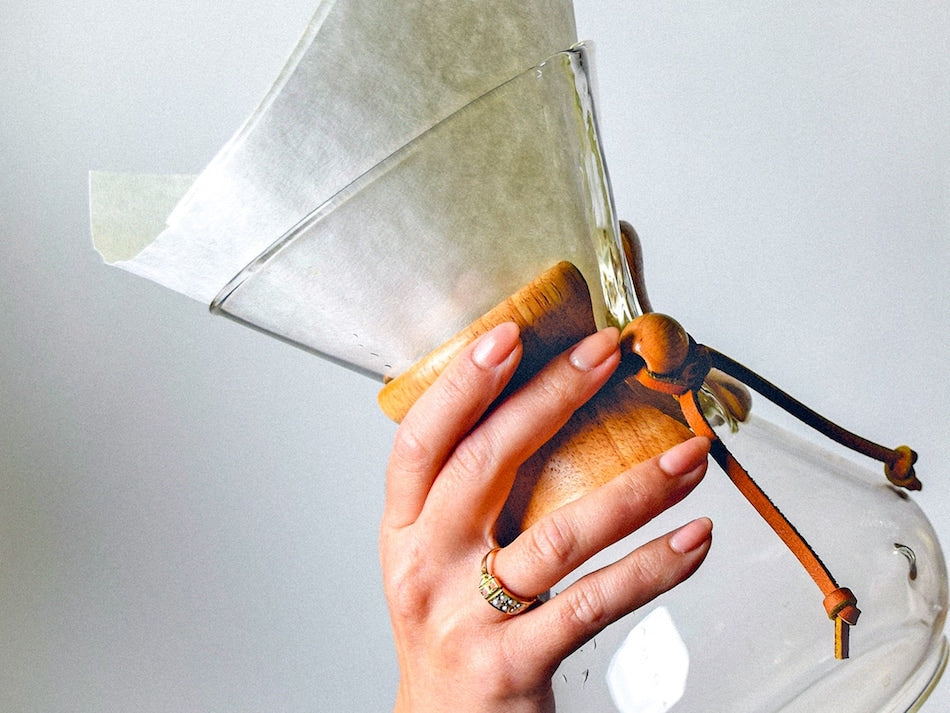
We are thrilled to announce that we are one of the first roasters in the world to buy and showcase the first ever specialty coffee lots from Myanmar. We are featuring two villages from the Ywangan area in Southern Shan state. These Villages, Tet Kone, and Mya Ze Di, are truly amazing places with amazing people. In February, we visited each of these villages and saw an amazing will to succeed at producing world class coffee. This was the first year these two villages had collectively produced coffee and we are already seeing the ability to produce these great coffees, after one year! This is what excites us about the new coffee origin; the drive and spirit of the communities and villages is astounding.

Ywangan is home to many smallholders in the area. In 2013, there was a new emphasis brought to the area to try to increase quality and, in return, a better price for their coffee. Traditionally, much of the coffee in the area was either consumed domestically or in China, neither bringing very high prices. Coffee has been grown in this area since 1890, after it was introduced by English Missionaries. There are dozens of small villages in the area and the Myanmar Coffee Association has begun to work with about 30 of them, representing over 400 smallholder farmers. Traditionally, the coffee is washed as each village has their own pulper. Winrock and USAID have helped set up a small cupping lab in Ywangan complete with a sample roaster and dehuller, where we will cup 14 different lots from different villages. Winrock also has a full time Q grader here training locals on technical and cupping skills. The goal is build a sustainable model locally.

This year we decided to blend the two lots from these villages to produce a coffee we are calling: Myanmar Shan State Villages. These villages, located less than 10 Kilometers apart, are producing some of the best coffee in Myanmar with very similar taste profiles. Together, they produce an easy drinking, fruity, sweet, clean cup of coffee. Here is a little more about these villages.

Mya De Zi
Region: Southern Shan State, Myanmar
Processing Method: Dry Process
Altitude: 1300 meters
Varieties: Catuai, S795, Caturra
The village of Mya Ze Di was founded 135 years ago. The majority of the residents come from the Danu ethnic group. They have been growing coffee for the past 60 years.
On August 12, 2008, at the initiative of U Htay Aung – a charismatic monk who encouraged Mya Ze Di residents to get organized – a coffee plantation was established under the shade of high forest trees.
The plantation was expanded from 3,500 plants in 2008 to 7,500 in 2009, then 9,000 in 2010 and reached a total of 10,500 coffee plants in 2012 on around seven shaded hectares (ha). Another 2 ha of land are available to grow more community coffee. In 2016, 0.4 ha will be planted. The community plantation is maintained by all members of the community. Profit generated by the sale of coffee from this plantation is used to build bridges, roads, and part of the new monastery.
In 2015, Winrock Internation identified Mya Ze Di as a promising area for small holder farmers to produce high quality coffee as a group. Winrock International is providing the community with technical support and advice on how to build drying tables, sort the cherries, and dry them. The coffee working group of Mya Ze Di was set up by the community itself on December 13, 2015. The first batch of coffee was put to dry on December 31, 2015.
Tet Kone
Region: Southern Shan State, Myanmar
Processing Method: Dry process
Altitude: 1205 meters
Varieties: Catuai, Caturra, Catimor, S795
Coffee production organized as a group started in 2016 in Tet Kone with the participation of 30 households in the coffee working group. The village received a loan from Ban Chuan, a local coffee company, to produce around 1MT green bean naturals this season.
200 years ago, the governor of Nyaung Shwe, Nyaung Shwe Zaw Bwar, set up an army and based it in Tet Kone. Initially, there were only 13 households in the village and residents grew trees as windbreaks.
As legend has it, it is under the shade of those trees that coffee plants were first grown in Ywangan. When surrounding villages realized that income could be made from coffee, the coffee spread to the whole region.






